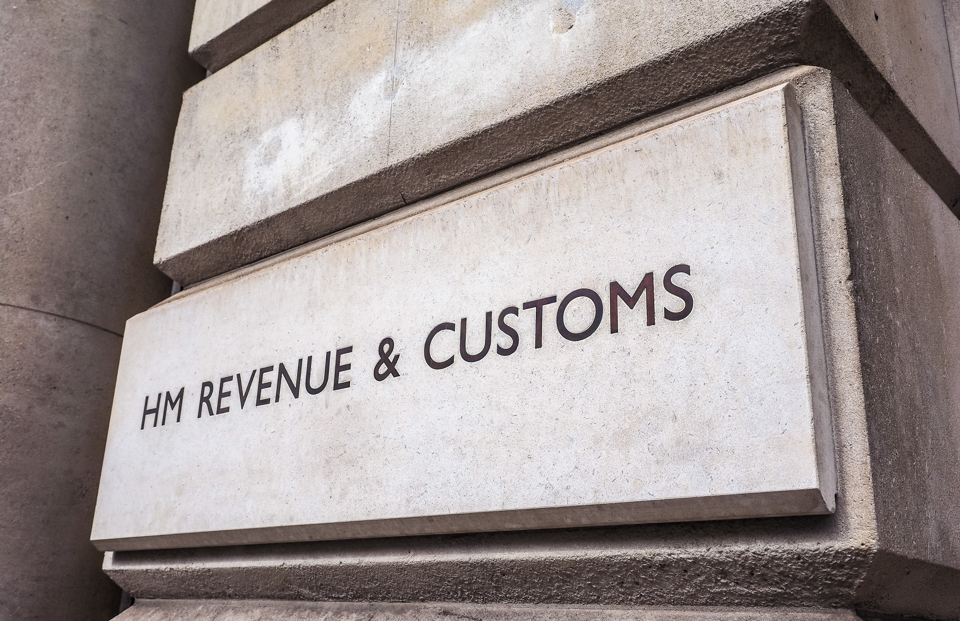Car retailers have been the target of a “veiled threat” from an overstretched HMRC after the Government body identified the sector as a VAT risk area, MHA has revealed.
The chartered accountants said pressure on car retailers to get the VAT basics right had been ramped-up by a September 26 email headed ‘Sale of vehicles on finance: risk of VAT errors’.
And MHA believes the correspondence – accompanied by an advisory webinar for retailers – forms a shot across the bow for a sector that could face increasing large-scale VAT investigations and financial punishments.
MHA said the email was “part of an ongoing process of shifting the responsibility for checking the accuracy of returns to the taxpayer from an overstretched HMRC”, adding: “Tellingly, the email ends with a veiled threat: ‘We have sent an email to the Senior Accounting Officer within your business and asked that they get assurance that this error is not occurring in your dealerships’.”
Possible fines
Large businesses’ (turnover exceeding £200m) Senior Accounting Officers (SAOs) have a duty to ensure that appropriate tax accounting arrangements are in place to manage tax risks.
Where HMRC discover VAT or other tax errors which could have been avoided if an SAO had instigated appropriate controls, they can issue personal penalties to the SAO of £5,000 for each financial year in which the errors occurred.
By directing this ‘educational’ email at SAOs, HMRC will believe that they have strong grounds for issuing such a penalties, MHA said.
The email also advises dealers to immediately disclose any errors discovered as a result of reviewing practices following the email.
Following an inspection, penalties for ‘careless’ errors can be as high as 30% on top of any VAT due.
HMRC’s email to car retailers identifies the common problem of how dealers handle differences between vehicle sales invoices produced from a Dealers’ Management System (DMS) and the invoice or other documents issued to the finance house in a PCP sale, MHA said.
HMRC regularly find that vehicles sales staff are entering different amounts onto finance house portals than those reported via DMS.
Historically, this was particularly the case for sales where a customer wished to part-exchange a vehicle which had negative equity, which some lenders would refuse to fund.
Costly temptation
MHA said: “The temptation for enthusiastic sales staff has often been to disguise the negative equity by inflating the part exchange value with a compensating inflation of the sales price of the replacement vehicle.
“GAP insurance has similarly been hidden from lenders in cases where there might be doubt about whether the finance house would fund this non-vehicle item and has often been loaded onto the new vehicle price.
“These alterations are usually unknown to the dealers’ finance team and the result is that the finance house claims back a higher amount of VAT on the purchase of the vehicle than the dealer shows as output tax on its sale.”
HMRC’s email clarifies that the document sent to the finance company, which shows a higher value for the sale of the new vehicle is the amount which must be declared, MHA said.
Sue Robinson, chief executive of the National Franchised Dealers Association (NFDA), said: “Not all motor retailers will receive a letter, as HMRC have informed NFDA that they are targeting their letters to businesses that are seen to be at the most risk.”
An HMRC spokesperson said: “We are providing education and support to help customers identify errors in their VAT returns and pay the correct amount in the future. This is part of HMRCs standard compliance approach.”















Login to comment
Comments
No comments have been made yet.